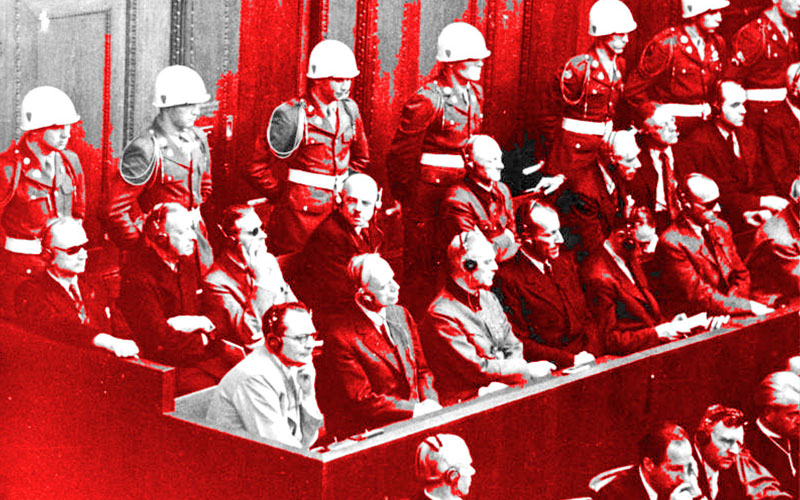
19 Oct A History of Democracy [Democracy]
Democracy is an essential term to understand, as it has shaped our contemporary world and affects our individual lives. As Winston Churchill famously quoted: “democracy is the worst form of government, except for all the others”. In the 1990s it was commonly believed that democracy would eventually be universally adopted. In fact at present there are very few countries that officially describe themselves as non-democratic, although the countries that are considered as full democracies are a small minority.
This course will allow students to learn about the history of democracy, from its origins in ancient Greece to the 21stcentury. Its growth will be studied beginning in the Western world, the political movements and ideas that shaped it from the eighteenth-century Enlightenment and its phenomenal expansion through the twentieth century. We will analyse different forms of democracy, from liberal democracy to electoral democracy and popular democracy, its link to universal suffrage, literacy and terms like the rule of law, separation of powers, freedom of expression and free press that are considered essential for the proper functioning of democracy. We will finally examine which countries have achieved the highest forms of democracy and the challenges posed to democracy by technology, social media and new concepts like political correctness.
Julio Crespo
Julio Crespo-MacLennan is an academic and historian and author of several books on the history of Spain and Europe. He is director of the Hispanic Observatory think tank and adjunct professor of IE University. He has been director of Instituto Cervantes in the UK, Ireland and Turkey.

